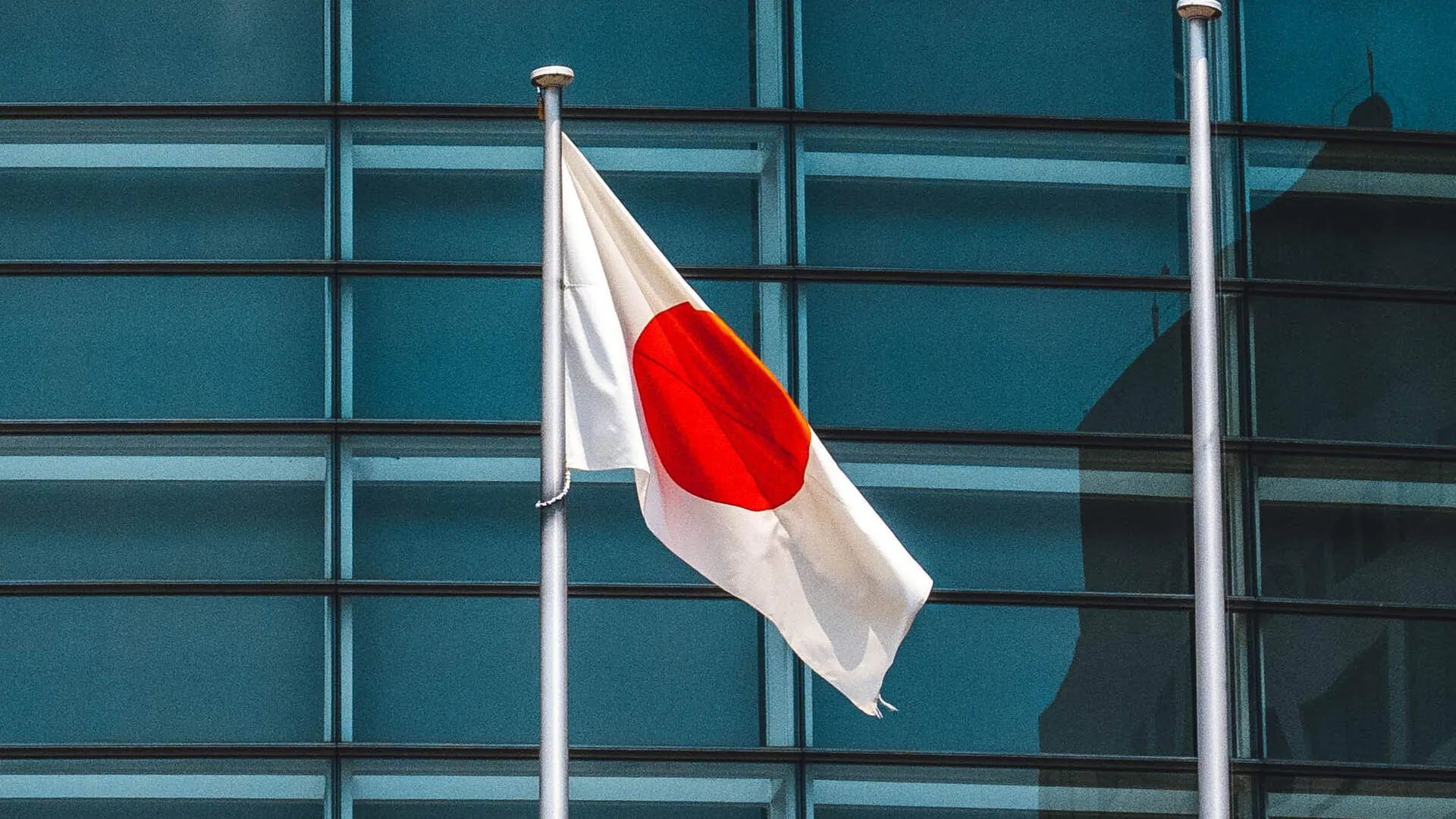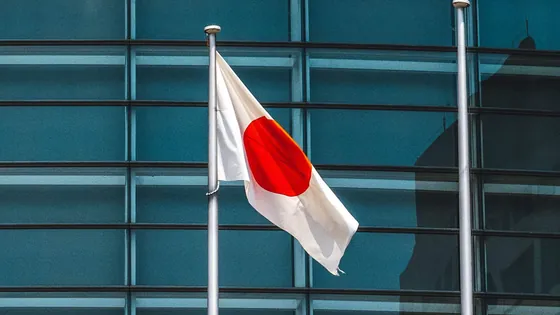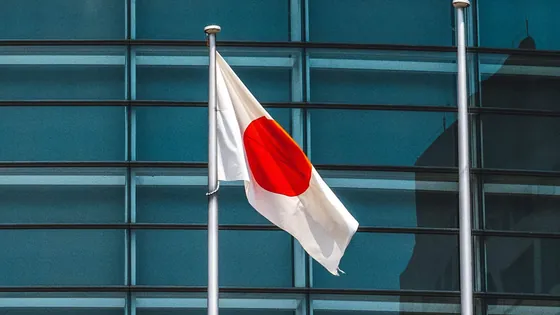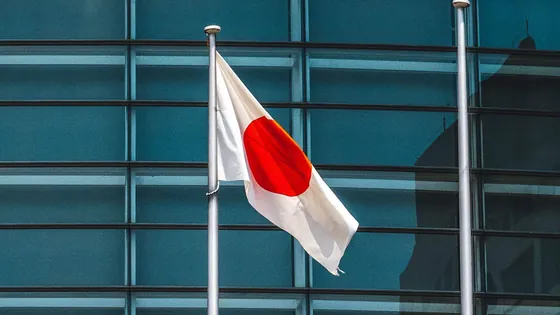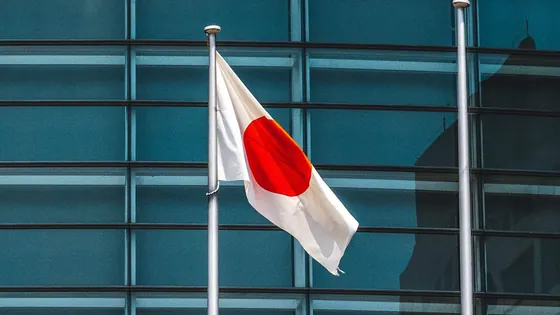Tap into the dynamic world of Japanese communication with our list of Top 100 Most Common Japanese Verbs with Transliterations and English Translations. Learning these essential action words will allow you to express a vast array of actions, thoughts, and states, thereby enriching your conversational repertoire in Japanese.
- する (suru) - to do
- 見る (miru) - to see
- 聞く (kiku) - to hear/listen
- 行く (iku) - to go
- 来る (kuru) - to come
- 食べる (taberu) - to eat
- 飲む (nomu) - to drink
- 寝る (neru) - to sleep
- 起きる (okiru) - to wake up
- 作る (tsukuru) - to make
- 話す (hanasu) - to speak/talk
- 読む (yomu) - to read
- 書く (kaku) - to write
- 買う (kau) - to buy
- 売る (uru) - to sell
- 分かる (wakaru) - to understand
- 思う (omou) - to think
- 教える (oshieru) - to teach
- 学ぶ (manabu) - to learn
- 決める (kimeru) - to decide
- 待つ (matsu) - to wait
- 着る (kiru) - to wear
- 送る (okuru) - to send
- 歩く (aruku) - to walk
- 泳ぐ (oyogu) - to swim
- 走る (hashiru) - to run
- 飛ぶ (tobu) - to fly
- 笑う (warau) - to laugh
- 泣く (naku) - to cry
- 動く (ugoku) - to move
- 開く (hiraku) - to open
- 閉じる (tojiru) - to close
- 始まる (hajimaru) - to begin/start
- 終わる (owaru) - to finish/end
- 続く (tsuzuku) - to continue
- 集まる (atsumaru) - to gather
- 遊ぶ (asobu) - to play
- 勉強する (benkyou suru) - to study
- 働く (hataraku) - to work
- 壊れる (kowareru) - to break
- 修理する (shuuri suru) - to repair
- 入る (hairu) - to enter
- 出る (deru) - to exit
- 上げる (ageru) - to raise
- 下げる (sageru) - to lower
- 返す (kaesu) - to return something
- 借りる (kariru) - to borrow
- 貸す (kasu) - to lend
- 探す (sagasu) - to search
- 会う (au) - to meet
- 離れる (hanareru) - to leave, to depart
- 呼ぶ (yobu) - to call
- 切る (kiru) - to cut
- 置く (oku) - to put/place
- つかむ (tsukamu) - to grab
- 押す (osu) - to push
- 引く (hiku) - to pull
- 持つ (motsu) - to hold
- 投げる (nageru) - to throw
- 強い (tsuyoi) - to be strong
- 弱い (yowai) - to be weak
- 広い (hiroi) - to be wide, broad
- 狭い (semai) - to be narrow
- 早い (hayai) - to be early
- 遅い (osoi) - to be late
- 良い (ii/yoi) - to be good
- 悪い (warui) - to be bad
- 新しい (atarashii) - to be new
- 古い (furui) - to be old
- 美しい (utsukushii) - to be beautiful
- 醜い (minikui) - to be ugly
- 簡単な (kantan na) - to be easy
- 難しい (muzukashii) - to be difficult
- 熱い (atsui) - to be hot
- 寒い (samui) - to be cold
- 温かい (atatakai) - to be warm
- 冷たい (tsumetai) - to be cool/cold
- 高い (takai) - to be expensive, high
- 安い (yasui) - to be cheap
- 軽い (karui) - to be light
- 重い (omoi) - to be heavy
- 明るい (akarui) - to be bright
- 暗い (kurai) - to be dark
- 深い (fukai) - to be deep
- 浅い (asai) - to be shallow
- 長い (nagai) - to be long
- 短い (mijikai) - to be short
- 整理する (seiri suru) - to sort out
- 座る (suwaru) - to sit
- 立つ (tatsu) - to stand
- 止まる (tomaru) - to stop
- 答える (kotaeru) - to answer
- 聞く (kiku) - to ask
- 忘れる (wasureru) - to forget
- 記憶する (kioku suru) - to remember
- 覚える (oboeru) - to memorize
- 練習する (renshuu suru) - to practice
- 準備する (junbi suru) - to prepare
- 掃除する (souji suru) - to clean
- 笑顔する (egaosuru) - to smile

